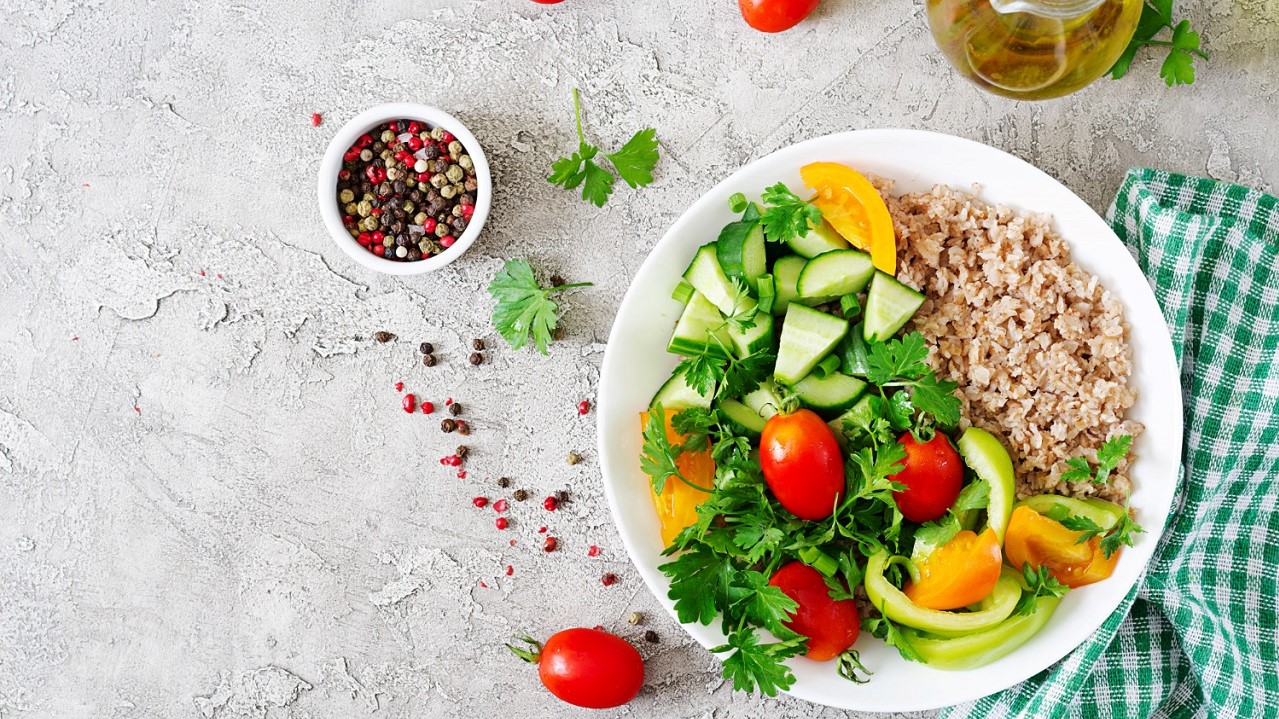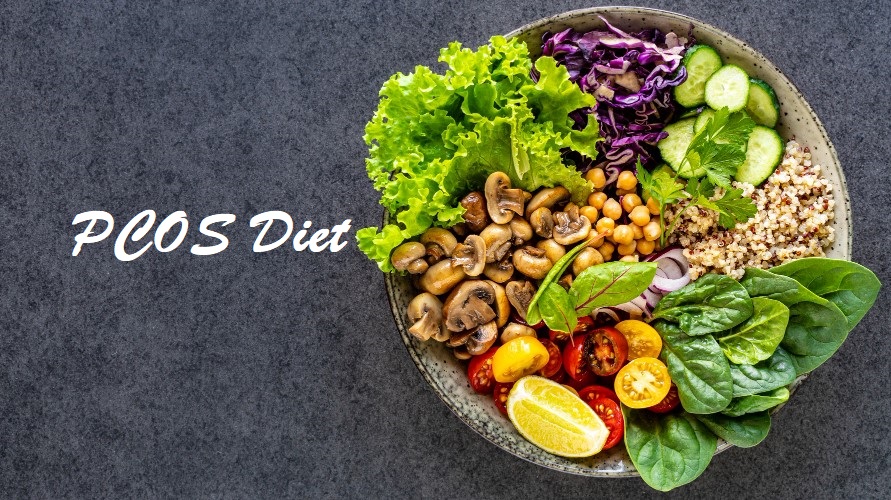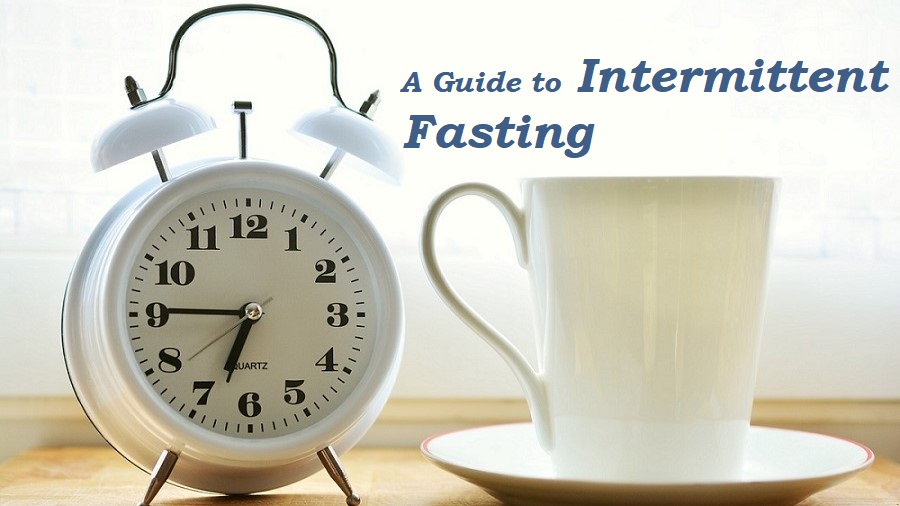People worldwide are discussing the benefits of being a vegan or vegetarian diet. The latest studies reveal that more and more people are embracing veganism, knowing the benefits of a vegan diet and its animal-welfare philosophy.
Avoiding dairy, meat, and other animal products can seem like a great sacrifice to some people. For others, following a vegan diet is an easy decision due to the numerous personal and societal perks; for instance, a lot of people these days deeply care about animals and their welfare. Many people turn to a vegetarian diet just because of the potential health benefits. But is it healthy to be a vegan, and what are its health benefits? This article takes a look at the key benefits of being a vegan and the science behind the potential advantages.
Vegan vs Vegetarian
The key difference between vegans and vegetarians is that vegetarians consume eggs and dairy products while vegans don’t. The vegan diet will be purely plant-based, and they won’t eat animal-based ingredients.
Benefits of Vegan Diet
Being a vegan offers several benefits over those who eat meat. A vegan diet is beneficial for those who are planning to lose weight. More than that, a vegetarian diet is considered to help people protect themselves from high cholesterol levels, heart diseases, type 2 diabetes, and several other diseases. Given below are some of the crucial benefits of a vegetarian diet:
- Promotes weight loss
- Manage diabetes by reducing A1C levels
- May lower your blood pressure
- Reduces the risk of heart disease by lowering cholesterol levels
- Typically have lower body mass indexes than non-vegans
- Help boost nutrient absorption and reduce inflammation
- Reduce the risk of developing certain cancers, such as colon cancer
- Lower the risk of dementia and cognitive impairment
- Vegans who typically eat more fruits and vegetables have healthy, glowing skin
- Studies show that vegans tend to be happier than meat-eaters
- Being a vegan supports animal welfare and the planet
Anyone of any age, including young children, pregnant and breastfeeding women, and the elderly, can benefit from a vegan diet. It’s crucial to remember that vegans must continuously assess their diets to prevent vitamin and nutrient deficiencies. With a well-planned vegan diet, you can compensate for the risk of deficiency.
Tips to Make Your Vegan Diet Nutrient-rich
While becoming a vegan, you should make sure that you are following a healthy diet that is rich in nutrients. When you are skipping dairy products and eggs as part of your vegan diet, you are missing a large portion of vitamins and proteins that are essential for your body. Including the following essentials in your diet can help you stay healthy as a vegan.
Vitamin B-12: Vitamin B-12, mainly present in animal products, is necessary to keep you healthy. When you are following a vegan diet, it may be challenging to get enough vitamin B12. Taking fortified cereals, soy milk, nutritional yeast, and plant-based milk can supplement your vitamin B12 deficiency.
Protein: Eggs and meat are good sources of protein. Vegans who cannot eat this animal-based food can consume soy products such as tofu, edamame, etc. Nutritional yeast, lentils, and chickpeas are high protein sources that can help you Animals aren’t the only sources packed with protein.
Zinc: Zinc, which is a vital component for your immune system, healing, hair, and DNA repair, is packed in beans, oats, nuts, pumpkin seeds, brown rice, mushrooms, cashews, almonds, dark chocolate, etc. Vegans need to consume these zinc-rich food items to supplement their deficiency.
Iron: Insufficient intake of iron causes anaemia, fatigue, and several other diseases. Being a vegan, you should pay enough attention to consuming iron-rich food to avoid its deficiency. Iron is high in food items such as nuts, tofu, dried fruits, cereals, legumes, dark leafy vegetables, oats, etc.
Essential fatty acids: Essential fatty acids are one necessary component vegans should consider while following their diet. As a diet deficit of essential fatty acids can cause brain-health-related issues, it is important to consume foods high in essential fatty acids. Whole grains, leafy vegetables, almonds, unsalted nuts, walnuts, pistachios, etc, can be eaten to avoid the deficiency of this food component.
Vegan Food Ideas
The benefits of being a vegan are umpteen; it offers a wide choice of plant-based foods you can have. A vegan diet can include a variety of simple, nutritious, and tasty food items packed with vitamins and minerals.
Though vegans cannot consume milk or other dairy products, they can have plant milk such as soy milk, which contains less saturated fat and fewer calories. Plant-based butter, cheese, and yoghurt are also available in the market as dairy alternatives. If you think eggs and meat are the only products high in protein content, you are wrong. You have a plethora of options in the vegan diet, including fruits, vegetables, soy products, etc.
You may also like to know about some healthy Indian breakfast ideas.
The Bottom Line
Vegan diets are getting more popular day by day. The benefits of being vegan include better heart health, a lower risk of diabetes, weight loss, and a reduced risk of several other health issues. However, if you are planning to follow a vegan diet, you need to plan your meals carefully to make sure that you are getting adequate minerals and nutrients that are essential to the functioning of your body and mind.



